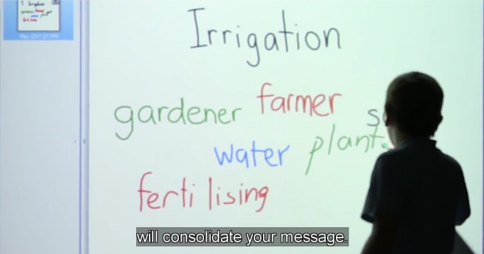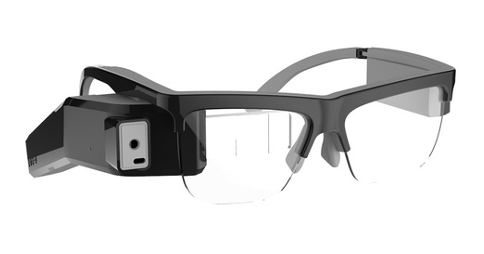Deaf or hearing impaired
Connect Ability Challenge awards accessible tech innovators
Parents support captions in the classroom
no
Show on home page

While the focus of the organisation is on supporting families, it often works with schools and classroom teachers to ensure they are aware of the needs of deaf children in the classroom.
Taxonomy:
Top of page
Captioned video and transcripts – ideal access and teaching combination
Real-time captioning glasses premiere at French arts festival
Five key captioning roles for specialist educators
no
Show on home page

Five key roles you can play are:
1. Broadening the reach of access services to others
Taxonomy:
Top of page
Academic calls for new audio description policy
Five tips to make the web work better in your language
no
Show on home page

There are several reasons why the web becomes more complicated for non-English speaking users, and it’s a combination of a number of factors:
Taxonomy:
Digital media and technology:
Top of page








![Finger pointing to the text "English Captions: Yes [Descriptive subtitles for the hearing impaired]" on the back of a DVD box Finger pointing to the text "English Captions: Yes [Descriptive subtitles for the hearing impaired]" on the back of a DVD box](/sites/default/files/images/2015_news_images/July_2015/Finger_pointing_to_CC_on_DVD_box_v2.png)